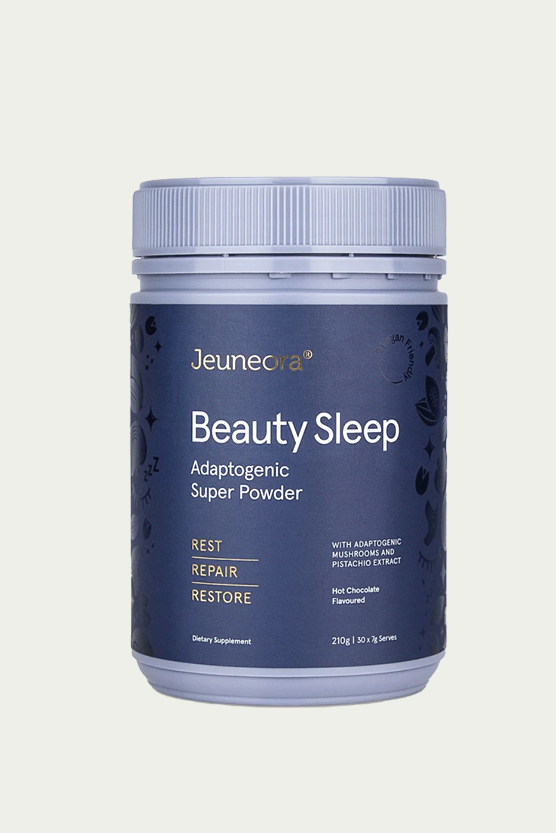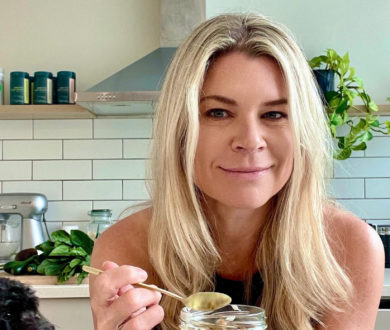The wellness revolution has undoubtedly changed the way we live day-to-day. From how we eat to how we exercise to how we manage stress, we’re more equipped than ever to navigate the ebbs and flows of life — and the health challenges that come with modern-day stressors. But there’s a burgeoning trend that takes self-optimisation to new heights, going beyond treating ailments to instead focus on prevention in a bid to stop a host of health issues cropping up. Colloquially dubbed ‘Preventative Health’ — this new approach to holistic wellbeing may just be the key to living longer, and better, lives.
While it may be true that the rise of wellness over the past decade has provided us with endless opportunities to improve our overall wellbeing, we’re now grappling with a new host of health challenges thanks to the fast-paced, overloaded, and increasingly isolated lives we now lead. Throw in the additional pressure that the infinite number of new, ‘must-try’ wellness practices has added to our already bursting-at-the-seams daily to-do lists, and, far from ‘well’, we find ourselves more strung out than ever. And while the average lifespan has increased in the past two decades, our collective mental health has declined at a rapid pace, greatly impacting our quality of life day-to-day.
Once your health (physical, mental, or both) is in decline, it’s incredibly hard to get back on top, so it’s little wonder that there’s been a collective push-back to shift the focus, both in the medical and holistic spaces, from a solutions-focused outlook to a more preventative approach. By eschewing jam-packed routines and endless products promising the world and lacking in results, for simple yet effective strategies scientifically-proven to bolster our health (think: movement, nutrition, sleep, and stress reduction), we can positively impact the frequency and severity of illness, increasing our chances of a vital, healthy future.
TRUST YOUR GUT
It’s amazing what an impact being more mindful and considered with your diet can make to your overall health, and it’s no secret that good nutrition equals good health. But, in recent times, it’s also become widely known that gut health equals good health. Eating fermented foods such as kimchi, yogurt, kefir, kombucha, and sauerkraut, or taking a high quality probiotic, will decrease inflammation in the body and support the proper functioning of the immune system, not to mention positively impact mental health. Win, win, and win.
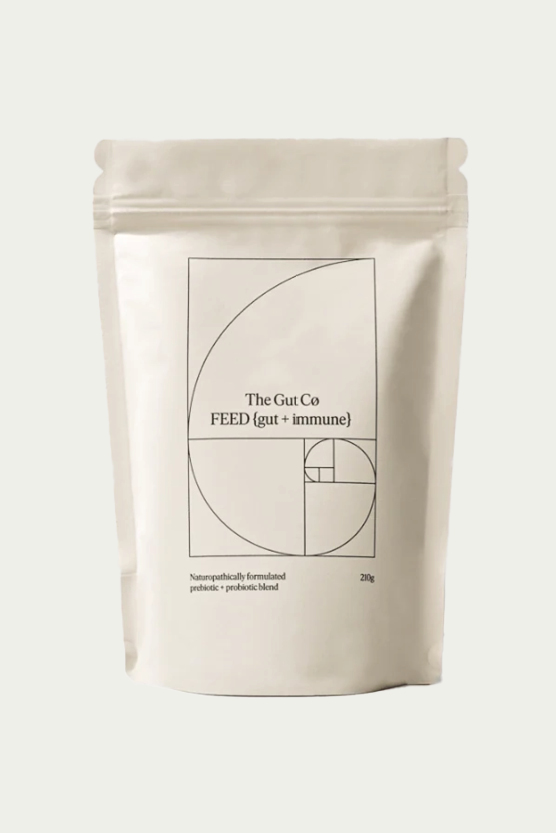

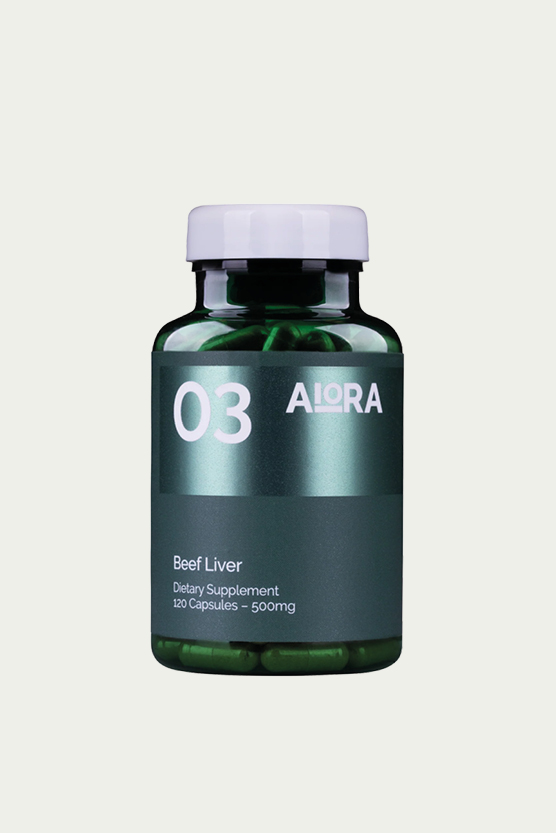
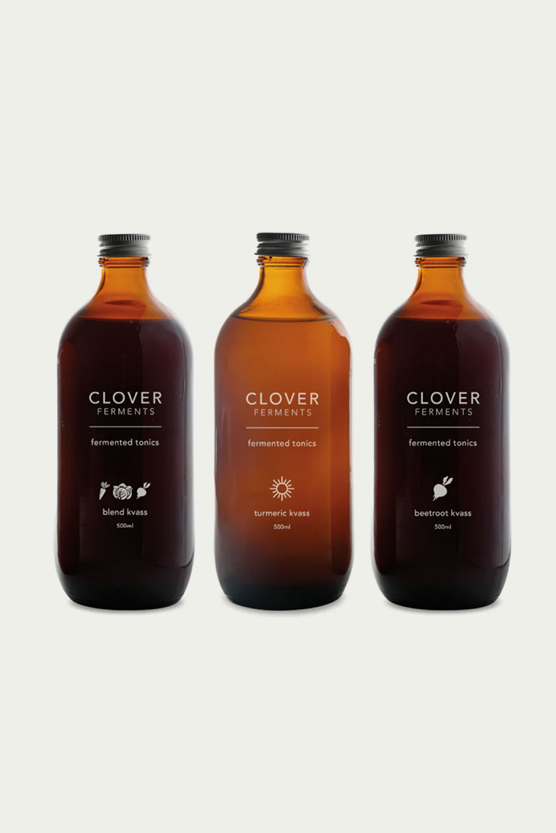
MOVE IT OR LOSE IT
It’s hardly surprising that staying physically active does wonders for your health, but exercise also has the power to add years to your life. In fact, it’s been said that as few as 15 minutes of exercise per day could add up to three additional years to your life, and the more the better. If you’re looking to set goals, 150 minutes of exercise per week is recommended, but the more you do, the better you’ll feel (within reason), so get moving.


SOCIAL SWAYS
Looking at the world’s Blue Zones — where populations live markedly longer lives than anywhere else in the world, one of the key factors associated with longevity is community. Studies have linked healthy social networks to positive changes in heart, brain, hormonal, and immune function, decreasing the risk of chronic diseases. So, get social, and reap the rewards, both physically and mentally.
TAKE A BEAT
Given the fast-paced, overloaded lives we live, stress is at an all-time high — leading to a host of health issues from chronic fatigue to inflammation, poor gut health, and a slew of mental health challenges. Mastering the art of stress management through mindful practices (breathwork, meditation, or slow-paced, meditative exercise) impacts health on an unprecedented scale, and is perhaps the most beneficial daily practice for preventative health. Carve out time to find your Zen, however that looks for you.
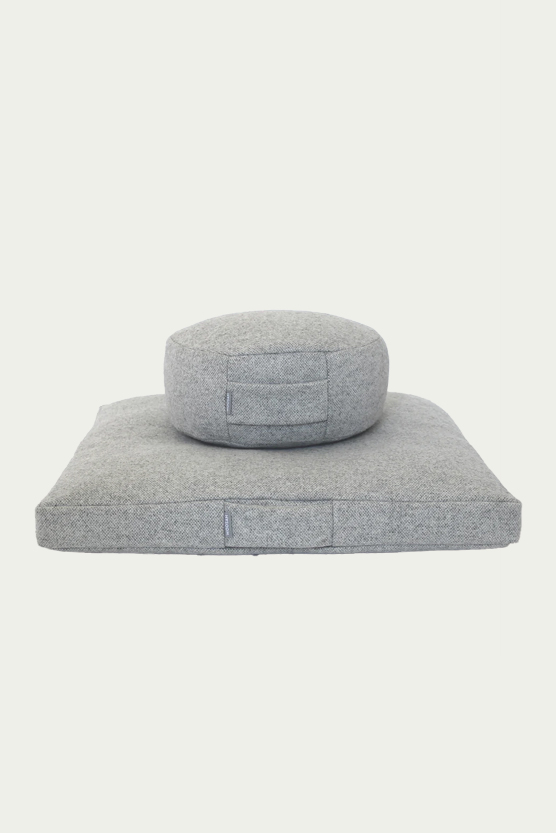


SWEET DREAMS
Good sleep improves your brain performance, mood, and overall health, and not getting a sufficient amount of z’s regularly raises the risk of a host of diseases and disorders. When we’re asleep, our bodies rest and recover, while our brains remain active, laying down memory, restoring daytime mental functioning, and carrying out processes that lead to physical growth. So, it’s hardly surprising that getting the recommended seven to eight hours a night is fundamental to preventing poor health long-term.

Smart Goggles from Adore Beauty

PLANT POWER
Consuming a wide variety of plant foods, such as fruits, vegetables, nuts, seeds, and whole grains may decrease disease risk and promote longevity. Many studies link a plant-rich diet to a lower risk of premature death, as well as a reduced risk of cancer, heart disease, depression, and brain deterioration, attributed to plant foods’ nutrients and antioxidants. So, as mum always said (she does know best), eat your greens.





